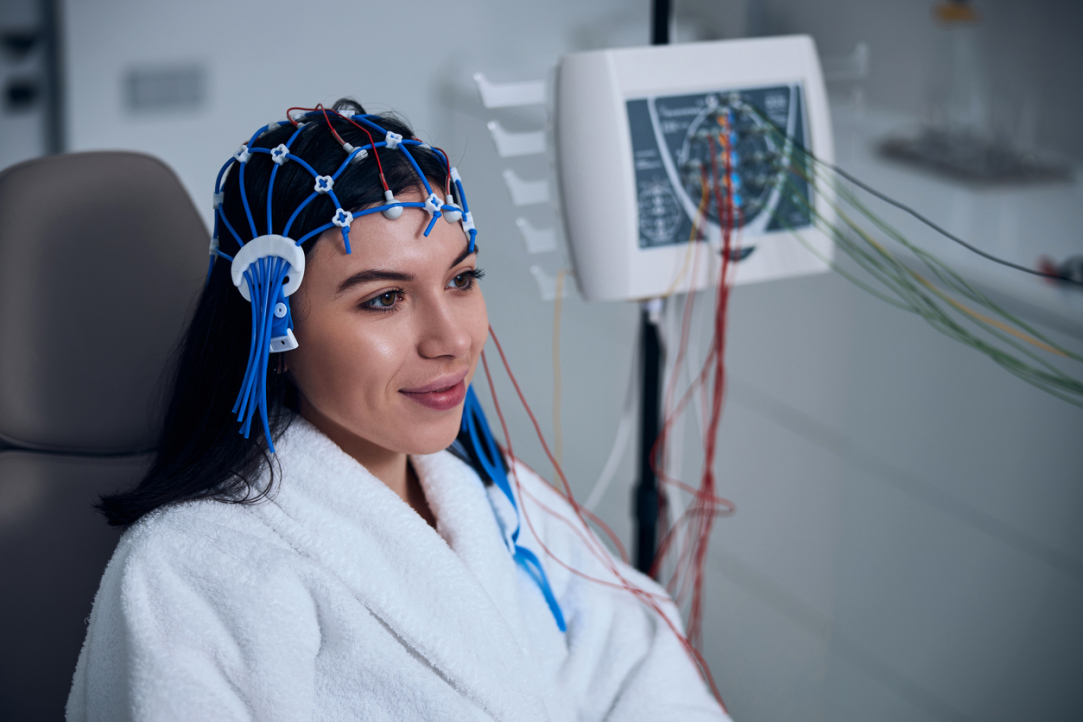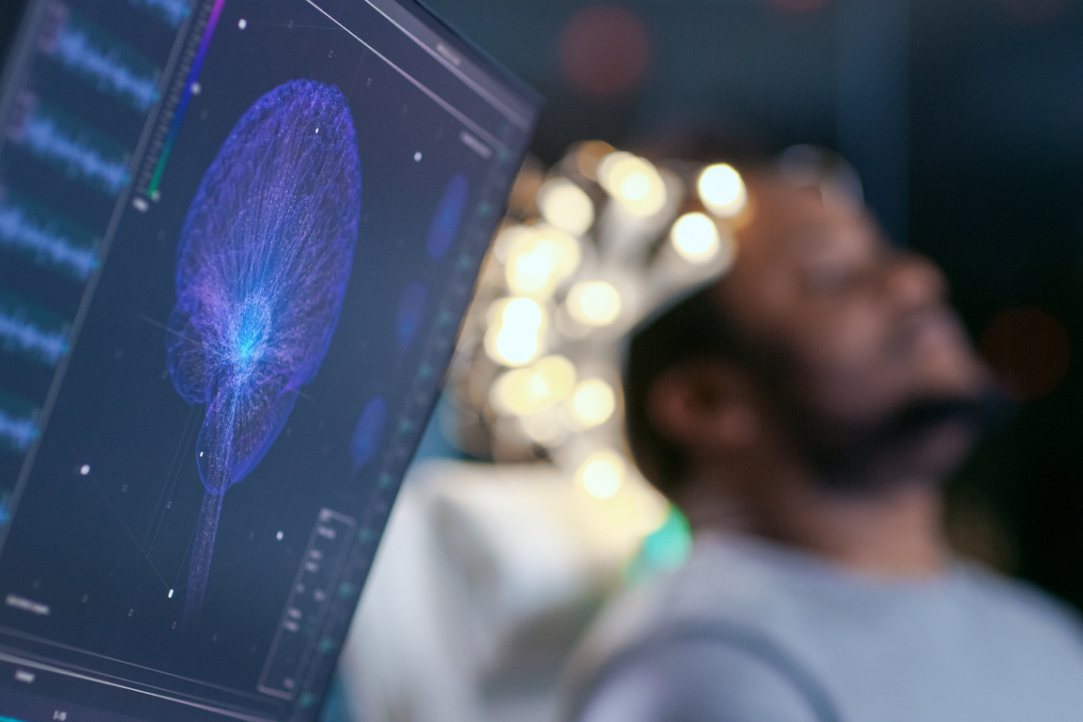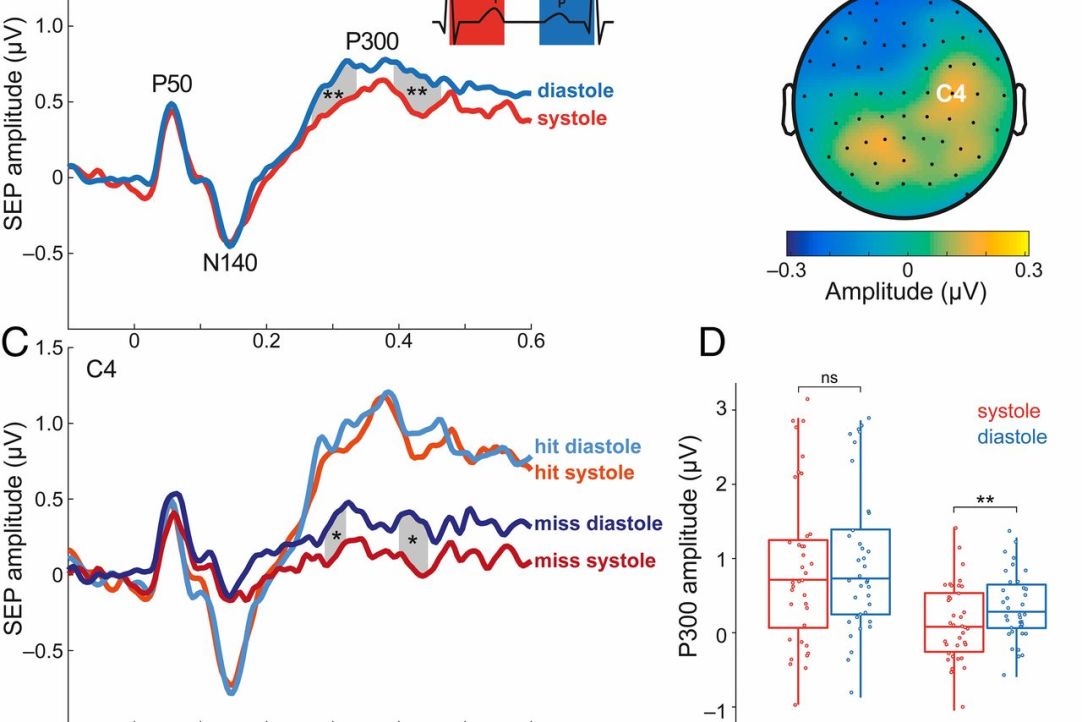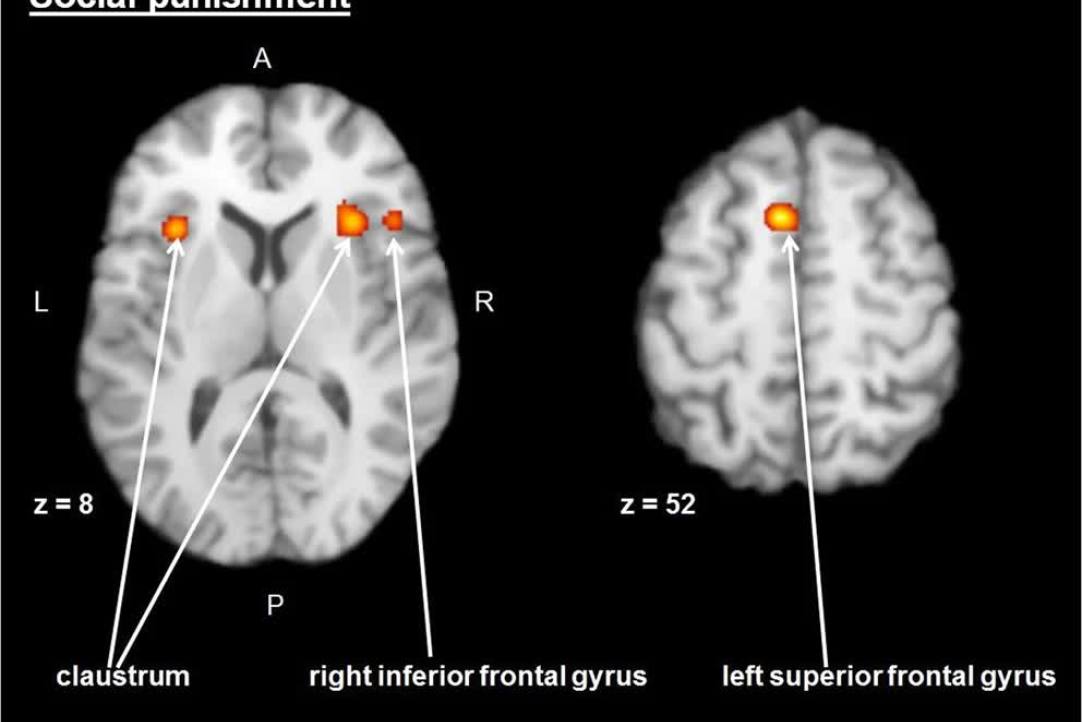
Readiness to Punish Others for Selfish Behaviour Explained by Functional Brain Connections
The stronger the functional brain connections, the less inclined someone is to punish others for unfair behaviour. This conclusion was reached by HSE researchers following a neuroimaging experiment. Their paper ‘Wired to punish? Electroencephalographic study of the resting-state neuronal oscillations underlying third-party punishment’ was published in the journal Neuroscience.
Congratulations to our colleagues with another publication in Scientific Reports!
Researchers at the HSE Institute for Cognitive Neurosciences have studied how transcranial alternating current stimulation (tACS) affects the primary motor cortex during and after stimulation. Scientists have shown that tACS affects the cortex only during online use (during stimulation). The article was published in Scientific Reports.

Can the Brain Resist the Group Opinion?
Scientists at HSE University have learned that disagreeing with the opinion of other people leaves a ‘trace’ in brain activity, which allows the brain to later adjust its opinion in favour of the majority-held point of view. The article was published in Scientific Reports.

Researchers Expand the Capabilities of Magnetoencephalography
Researchers from the HSE Institute for Cognitive Neuroscience have proposed a new method to process magnetoencephalography (MEG) data, which helps find cortical activation areas with higher precision. The method can be used in both basic research and clinical practice to diagnose a wide range of neurological disorders and to prepare patients for brain surgery. The paper describing the algorithm was published in the journal NeuroImage.

Losing Money Multiple Times Causes Plastic Changes in the Brain
Researchers at the HSE Institute for Cognitive Neuroscience have shown experimentally that economic activity can actively change the brain. Signals that predict regular financial losses evoke plastic changes in the cortex. Therefore, these signals are processed by the brain more meticulously, which helps to identify such situations more accurately. The article was published in Scientific Reports.

Heart and Brain
Finally, our study has been published on intricate relationship between heart
and brain.



